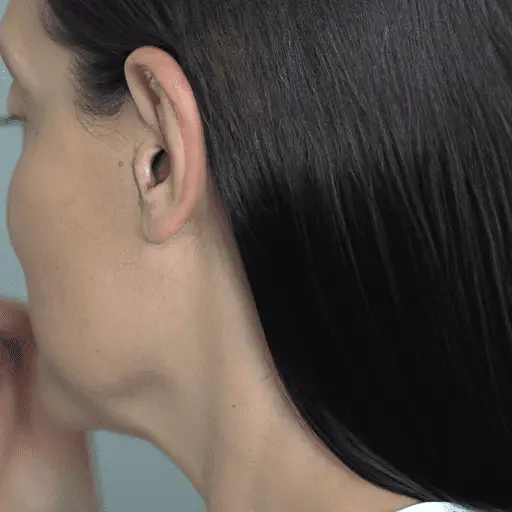-
Table of Contents
- Understanding Scalp Psoriasis
- Key Takeaways
- Introduction: Unraveling Scalp Psoriasis
- Understanding Scalp Psoriasis
- Triggers and Risk Factors
- Treatment Options
- FAQ Section
- 1. Can scalp psoriasis lead to hair loss?
- 2. Is scalp psoriasis contagious?
- 3. Can diet affect scalp psoriasis?
- 4. Can scalp psoriasis be cured?
- 5. How is scalp psoriasis diagnosed?
- Conclusion: Managing Scalp Psoriasis
- Further Analysis
Understanding Scalp Psoriasis

[youtubomatic_search]
Key Takeaways
- Scalp psoriasis is a common skin disorder that causes red, itchy, and scaly patches on the scalp.
- It is a chronic condition that can range from mild to severe, and it can significantly impact a person’s quality of life.
- While there is no cure for scalp psoriasis, various treatments can help manage symptoms and prevent flare-ups.
- Understanding the triggers and risk factors of scalp psoriasis can help in managing the condition.
- Regular consultation with a dermatologist is crucial for effective management of scalp psoriasis.
Introduction: Unraveling Scalp Psoriasis
Scalp psoriasis is a common skin disorder that affects millions of people worldwide. It is a chronic condition that can cause significant discomfort and distress, impacting a person’s quality of life. This article aims to provide a comprehensive understanding of scalp psoriasis, its triggers, risk factors, and treatment options.
Understanding Scalp Psoriasis
Scalp psoriasis is a subtype of psoriasis, a chronic autoimmune disease that speeds up the life cycle of skin cells. This results in the rapid buildup of cells on the skin’s surface, leading to the formation of scales and red patches that are often itchy and painful. According to the National Psoriasis Foundation, scalp psoriasis can occur in isolation or in conjunction with other forms of psoriasis.
Triggers and Risk Factors
While the exact cause of scalp psoriasis is unknown, it is believed to be related to an immune system problem that causes inflammation, triggering the overproduction of skin cells. Certain factors can increase the risk of developing scalp psoriasis or trigger flare-ups. These include stress, skin injuries, certain medications, infections, and a family history of psoriasis.
Treatment Options
Although there is no cure for scalp psoriasis, various treatments can help manage symptoms and prevent flare-ups. These include topical treatments, light therapy, and systemic medications. The choice of treatment depends on the severity of the condition and the patient’s overall health.
FAQ Section
1. Can scalp psoriasis lead to hair loss?
While scalp psoriasis itself does not cause hair loss, scratching and picking at the affected areas can lead to temporary hair loss. Once the condition is under control, the hair usually grows back.
2. Is scalp psoriasis contagious?
No, scalp psoriasis is not contagious. You cannot catch it from or pass it to another person.
3. Can diet affect scalp psoriasis?
While there is no definitive link between diet and scalp psoriasis, some people find that certain foods trigger their symptoms. A healthy diet can also support overall health and boost the immune system, which may help manage the condition.
4. Can scalp psoriasis be cured?
There is currently no cure for scalp psoriasis. However, treatments can help manage symptoms and prevent flare-ups.
5. How is scalp psoriasis diagnosed?
A dermatologist can usually diagnose scalp psoriasis by examining the scalp. In some cases, a skin biopsy may be needed to confirm the diagnosis.
Conclusion: Managing Scalp Psoriasis
Scalp psoriasis is a chronic skin condition that can cause significant discomfort and distress. While there is no cure, understanding the triggers and risk factors can help manage the condition. Various treatments are available to help manage symptoms and prevent flare-ups. Regular consultation with a dermatologist is crucial for effective management of scalp psoriasis.
[youtubomatic_search]
Further Analysis
In conclusion, scalp psoriasis is a common but manageable condition. With the right treatment and lifestyle modifications, individuals with scalp psoriasis can lead a normal and healthy life. The key takeaways from this article are the importance of understanding the condition, recognizing its triggers and risk factors, and seeking appropriate treatment.

Leave a Reply